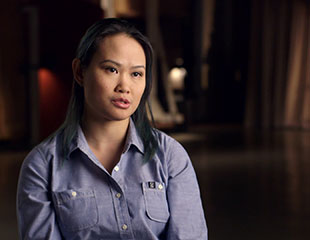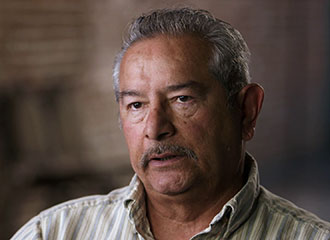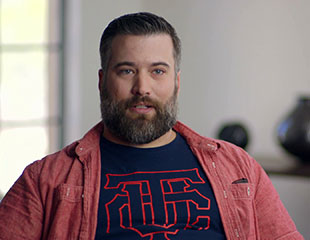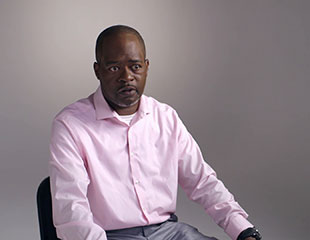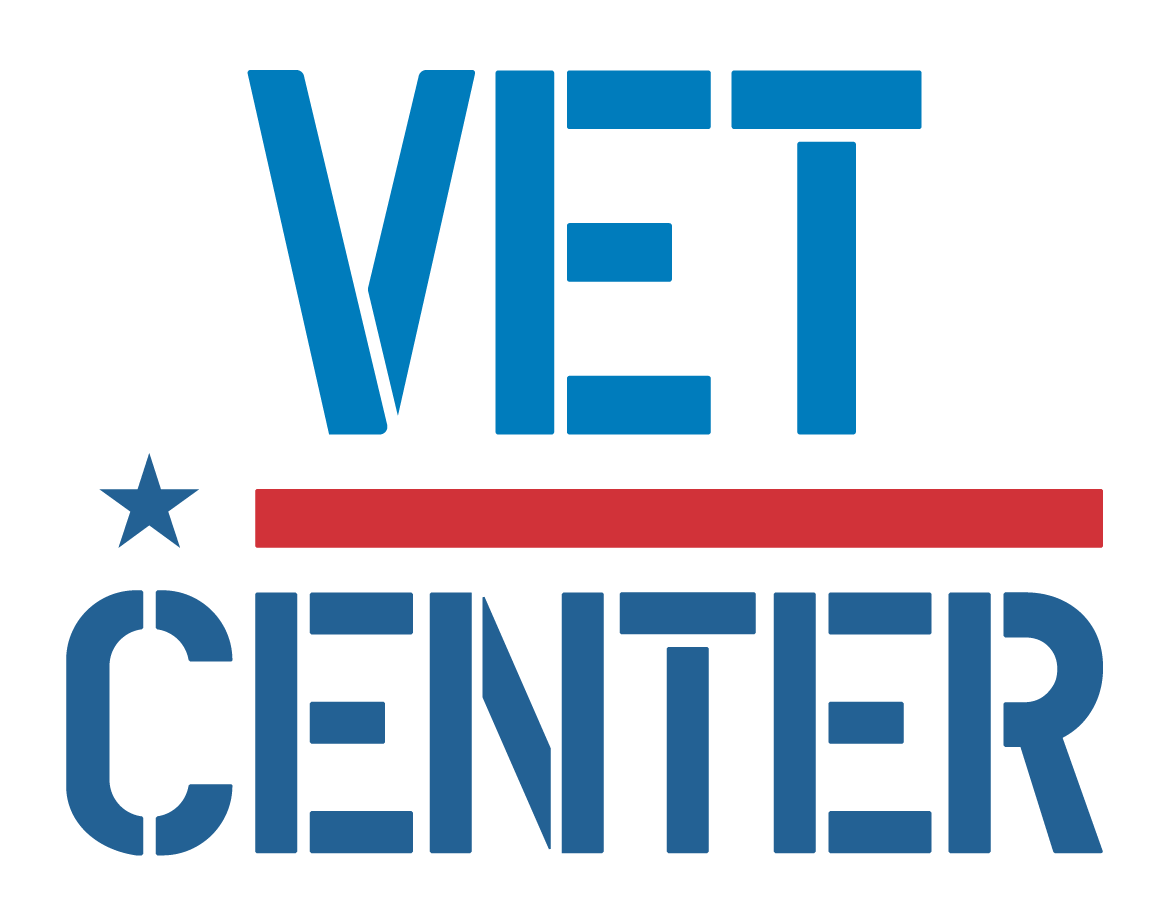A flashback can be a distressing experience for you as well as the people around you. Try to remember the following strategies to help you cope:
- Keep your eyes open, look around you, and notice where you are.
- Remind yourself how this situation is different from the traumatic event.
- Acknowledge how you are feeling.
- Try grounding yourself by focusing on details of your surroundings or on neutral physical sensations, such as the feeling of your feet on the floor.
- Practice relaxation exercises, such as taking slow, deep breaths.
- Concentrate on something good about your present life, such as your family or friends or the ability to do things that you enjoy.
- Get up and move around, have a drink of water, or wash your hands.
- Call someone you trust and tell them what is happening.
- Remind yourself that your reaction is a common response after trauma.
Talking to your family and friends about what you're feeling and experiencing can be a good first step. They may be able to provide support and help you deal with your flashbacks when they occur. You can also begin to let them know when certain things may trigger a flashback.
Every day, Veterans from all military service branches and eras connect with proven resources and effective treatments. Here’s how to take the next step: the one that’s right for you.
New to VA? Apply for health care benefits.
- Getting started is simple. Create a free account online to help ease your enrollment process. To prepare to apply for VA health care in person, by telephone, or by mail, explore VA’s “How to Apply for VA Health Care” page.
- Not sure whether you are eligible for VA health care benefits? Read about eligibility for VA health care.
- Unsure of what kind of help you need? Call 877-222-VETS (877-222-8387) to find the right resources to meet your needs, Monday through Friday, 8:00 a.m. to 8:00 p.m. ET. If you have hearing loss, call TTY: 800-877-8339.
- Veterans’ family members and caregivers can see whether they qualify for VA medical benefits as a spouse, surviving spouse, dependent child, or caregiver. Explore family and caregiver health benefits.
Already enrolled in VA and interested in mental health support? Schedule a mental health appointment.
- If you’re already enrolled in and using VA health care, the fastest way to schedule VA appointments is to call the VA facility where you want to receive care.
- With VA appointments tools, you can schedule some VA health care appointments online, view details about upcoming appointments, and organize your health care calendar.
- If you’re not using VA medical services, contact your nearest VA medical center or Vet Center to talk about your needs.
What about other options at VA? VA offers a variety of tools and resources.
- The Veteran Training online self-help portal includes modules on managing anger, developing parenting and problem-solving skills, and more.
- Mental health apps for Veterans cover a variety of topics, ranging from PTSD to anger management to quitting smoking.
- VA TeleMental Health connects you with a VA mental health provider through a computer or mobile device in your home or at your nearest VA health facility. You can learn more about this option from your local VA medical center.
- Community-based Vet Centers provide confidential counseling, community engagement and referral services to eligible individuals and their families. You don’t need to be enrolled in VA healthcare or have a service connection to receive services. Find a Vet Center near you or call 877-927-8387, 24/7 to talk with a fellow Veteran about your experiences.
What about support outside of VA?
FindTreatment.gov and the National Resource Directory list programs outside of VA. Use these tools to find resources near you.
Learn more about what you can do if you are experiencing specific concerns related to flashbacks, such as stress and anxiety, feeling on edge, posttraumatic stress, and effects of military sexual trauma.
